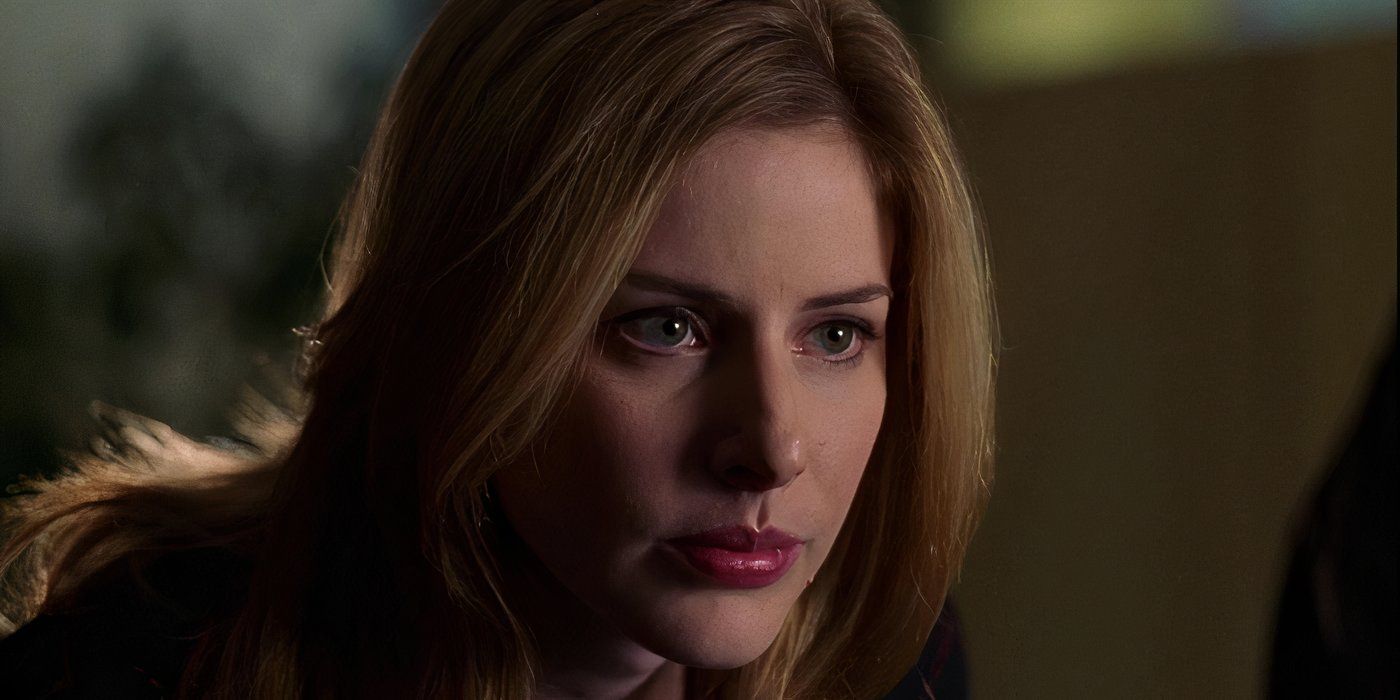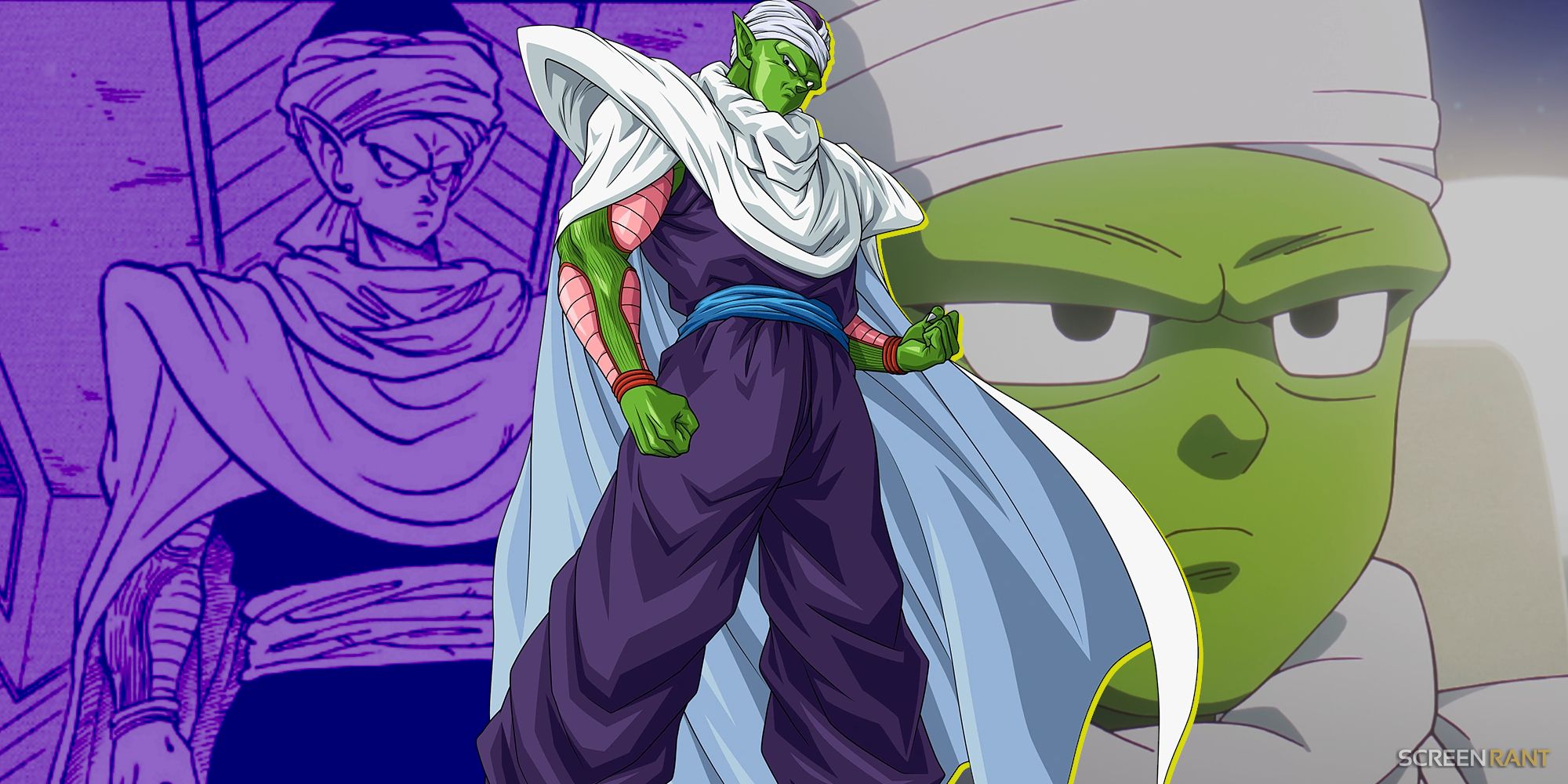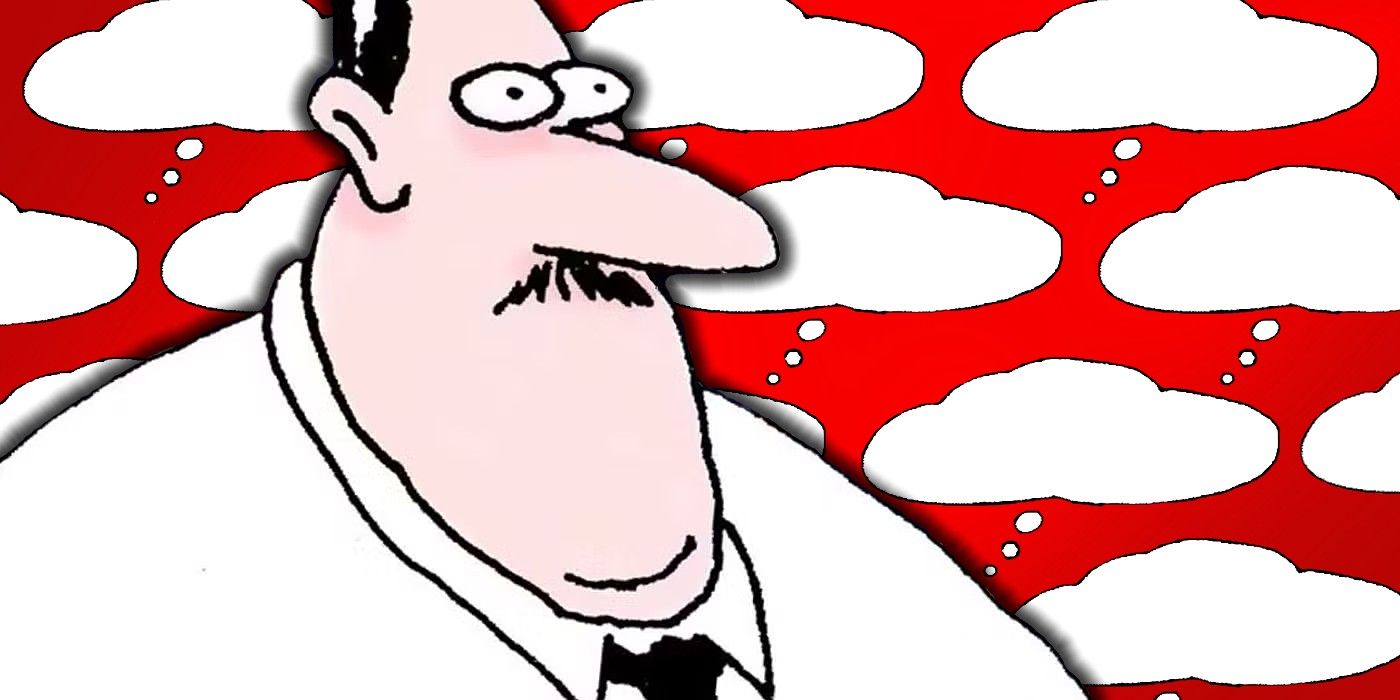Joshua Jackson’s foray into dark drama was never by design. “It wasn’t like I sat down and was like, ‘I’m going to be heavy in my thirties,’” says the star of shows like The Affair, Dr. Death and Fatal Attraction. “Murder, adultery, drug addiction—I had the whole basket of bad things.” In Doctor Odyssey, Jackson leaves the darkness behind for blue skies and open waters in Ryan Murphy’s weekly leisure cruise that mixes cultural phenomena like Quackers (people obsessed with rubber ducks) with quirky medical mysteries. To top it off, Dr. Max Bankman and his colleagues quickly get enmeshed in the kind of intra-office intrigue that would have HR departments quaking in their boots. Audiences are lapping it all up, and so is Jackson: “We have a pretty good time making it, so I’m glad you have a good time watching it.”
DEADLINE: I truly associate you with lightness and humor, but your resumé is a long list of dark stuff. Why is that?
JOSHUA JACKSON: It certainly wasn’t by intention. It was on a case-by-case, project-by-project basis. It’s also been a long time since somebody was willing to hire me on the light side, and that’s just the truth, right? Part of the reason I wanted to come and work for Ryan is—and this is no knock against the shows that I’ve done —I really wanted to work on something where the dialogue was spicy and crackling and fast-paced and on the front foot. Honestly, it’s been since Dawson’s Creek that I really worked on a show where that was the intention, where everybody was moving quick. And I love that stuff. I don’t mind stretching the dramatic muscle, as well. But last year when I was looking for a new job, I definitely put the word out that I would really like to do something where I’m having a good time doing it, and the intention is for you to have a good time watching it—because it’s been too long.
DEADLINE: Did Doctor Odyssey come to you as a script or as a concept?
JACKSON: As an idea. Ryan reached out, and obviously you take that call. He pitched me the broad strokes of the idea, but really what he pitched me was the feeling of the show. His description of it was, “I feel like we’ve all been holding our breath for the last three or four years, and I want this show to be the exhale,” and I love that idea. I’ve also been going through a couple of stressful years and went through the strike and the pandemic with everybody. At the same time, I became a father, and my life has become more beautiful and more rich than I ever could have imagined, and I wanted to work in a space that was reflective of that—that it’s not so serious every day, that you’re not taking home all the heaviness and having to sit in these heavy places. Our show has its dramatic moments, and it has its romantic moments, but really, it’s built for you to enjoy yourself. The whole point is, “Come with us. We’re going to sail away, we’re going to be silly, funny, dramatic, sometimes action-packed. We’ll be all those things, and at the end of 45 minutes, hopefully you’ll be like, ‘Ah, that was nice.’”

DEADLINE: It’s like Love Boat, but bonkers.
JACKSON: Yeah, exactly. It’s like Love Boat, if you ran it through Ryan Murphy’s mind.
DEADLINE: Are there professional challenges in it that wouldn’t occur to us?
JACKSON: The obvious one is the one you can see, which is I am not a doctor. Sometimes I have to beg the writers like, “Hey, man, I’m sure some human being can say these words, in a row, very fast, but I am not that human being, so cut me some slack.” Other than that, no. Ryan’s marching orders to us from the very beginning was that the tone is more important to him than anything that’s put on the page. He is like, “I don’t really care about the specifics of the words. I want you to get the feeling right, and the feeling is supposed to be fast, light and sparkly.” It’s a ton of fun to do that. And I will say this—so here’s maybe an unexpected challenge—I find it is easier to make the dramatic choice in a scene. It is harder sometimes to find lightness in a moment. It is easier to turn inward and get dark, quiet and serious, and it’s harder to find the upbeat, passing the ball around. I guess that is the challenge, but everybody here is engaged by it. I’m engaged by it.
DEADLINE: Also, there’s talk of a Broadway episode.
JACKSON: Well, when you say there’s talk of Broadway episode, I think that’s me talking about it. I am the core advocate. I think it would be almost criminally stupid to employ [Broadway star] Phillipa Soo and not give her the opportunity to do all of the things that she does better than most people on the planet. So, I will say it here again—I have said it often, loudly and in her presence—that we absolutely need to do a musical episode and only one of us needs to sing and dance.
DEADLINE: Do the rest of you sing?
JACKSON: I sing loudly all the time, but it’s nothing that anybody wants to hear. I think I’ll leave it in the hands of the professionals. But Pippa, now she can sing sing.
DEADLINE: You brought up the Covid years, which are the impetus for your character seeking employment on The Odyssey. Did that time have a profound effect on your life as well?
JACKSON: Yes, in an unexpected way. My daughter was born three weeks into the lockdown, and as scary and uncertain as that was, because nobody had been through that before, what it also did was force both me and my soon-to-be ex-wife to stop and just be there. And I won’t speak for her, but for me, I would’ve definitely gone back to work sooner than I ultimately did, and I would’ve missed out on a lot of those core early times just by virtue of the hours that I worked. So weirdly, for me, it was a godsend because it allowed me to get to know my daughter and to figure out what it means to be a dad. It was stressful for all the normal reasons: financial, health scares for a couple of family members, but it just gave me a chance to be with my little girl.
DEADLINE: So, it wasn’t too hard to imagine that someone would switch their entire life around as a result of this time period?
JACKSON: Oh, no. I fully understand Max’s reasoning. I also think we, in the show, use Covid as the big event, but oftentimes it happens when you have a brush with death or somebody close to you passes away and you have that moment of taking stock, like, “Wow, is this life that I’m living of value to me? When I get to the end of the day, am I going to be super stoked about that extra promotion?” My life is a perfect example. I don’t even have to be dying to know this, thank God. Would I be more excited if Covid hadn’t happened and I went and did another job? Would I look back on the time that I spent on that job, no matter how it turned out, and think that that was of more value to me as a person than spending that time with my daughter? No, I would not, right? I was forced to do that because we were all forced to do that. But I think the origin story of Max, for this show, makes sense. Almost all people have been through some major life event that forces you in the moment to be like, “Huh, is all this effort that I’m putting into this relationship, job, whatever, is all of that going to be worth it at the end of the day if I’m sacrificing this?” I think that’s a really human thing.
DEADLINE: What have you learned from working with Phillipa, Sean Teale and Don Johnson?
JACKSON: Well, I wish I could learn what Phillipa was teaching me, because her approach to work and her insight into material is really, truly magical. When we have scenes that have some meat to them, it’s so fun to get into it with her and just watch how she approaches, processes and then performs the scenes. It’s truly a joy. With Don it’s really just sitting and listening to the stories. I can listen to that man tell the stories about his life for the rest of my life. And Sean and I are contemporary enough that what I appreciate about him is something that I always try to bring to work, too. He’s an incredibly hard worker, very talented guy, but there’s lots of talented people, and he always comes with an idea. He’s pretty fearless in his willingness to experiment and try things out and has no shame about being silly or looking goofy on camera when he is trying something out. And I really appreciate that. I really just appreciate someone who’s there to do it without any pretense. It’s a lovely gang, and I think you can see that on camera. I think it translates how much we enjoy working with each other.

DEADLINE: Were you surprised that there would be a threesome so early on, on broadcast television, and one that results in a pregnancy no less?
JACKSON: Well, if you’re going to go there, go all the way there, I guess. [Laughs] I was a little surprised. Ryan told us early on that we would be doing a threesome, so we all knew it. I was a little surprised it happened so early and then that she got pregnant was also a surprise, as pregnancies often are. But I was really proud of it. There’s still so much constriction from the censorship laws in the States about what you can put on broadcast television, so I was really proud of us that we were able, with all of the rules—and we didn’t break any of the rules—to get what I think was a really effective scene about the sexy piece of a threesome, which is more about the power dynamic than it is about the bump and the grind. Unless that’s your kink, and no judgements. And I think having Phillipa’s character be in control of it, we were able to build a pretty sexy scene inside of the very strict box that network TV puts you in. I thought we did a good job with that scene.
DEADLINE: It’s also interesting, the way the male support plays out. It is something I’m not used to seeing on television, with Max wanting to offer solutions and Tristan saying it’s just their job to be there for Avery.
JACKSON: Yeah, I love that because one, I think it’s really true. I have a tendency to do that, where something unexpected happens—and I think this maybe is a very masculine trait— you’re like, “Oh, there’s a problem. I’ll just solve it. We get to the solution and then we don’t have to deal with the problem.” As opposed to Tristan, who is like, “It might be a problem, it might not be a problem, but you get to choose and whatever you choose, we’re just here to listen and support,” which is a much more humane way of dealing with somebody who is in what may or may not be a crisis, but it’s definitely a moment of decision, right? I thought, because there’s three of us, there’s the opportunity for all three real things to portrayed inside the scene: Her very real, “Well, this has happened, and I’m not sure yet,” and Max’s very real, “Oh, okay, well, we’ll deal with that. Here’s what we do, step by step by step by step by step.” And Tristan’s version of, “Oh, okay, surprise, but you let me know and on your own timeframe. And if you want to talk it out, we’ll talk it out. If you don’t want to talk about it at all, we won’t talk about it at all. But I’m just here to listen and support,” which I think was a beautiful thing to put in that scene.
DEADLINE: Before we go, can we talk about Karate Kid: Legends that you are in next? What drew you to that?
JACKSON: Well, partially what drew me to it was making anything—a movie, a TV show— that my daughter could see before she graduates from high school. If she is ever, in the future, interested in what dad does for a living, it would be nice to be able to point her to something. “Daddy, what do you do for a living?” “Well, I’ll tell you when you’re in college.”
DEADLINE: What was that experience like?
JACKSON: The experience was that I was there in support of the story, so I didn’t have to carry the whole thing. And Jonathan [Entwistle], the director, is a lovely guy and a true believer in these stories, so there was nothing cynical about the way he went about it. He loves the original movies. We’re basically the same age, so these are the movies of our childhood, and it was really lovely to be around somebody who was so completely engaged in telling the best, most kick-ass version of a new Karate Kid. And then to have all the Hong Kong guys over, to put together all the fight sequences, is something to behold, man, because they go at it.
DEADLINE: Do you get to go at it?
JACKSON: I had a different fight discipline than karate in the movie, so I don’t have to go at it quite like them. I think I used to be able to do, not a standing back flip but a back flip, when I was in my late twenties, early thirties. I’m going to go out on a limb here and say I probably can’t do that anymore, or at least can’t do that and walk away from it. So thankfully I didn’t have to do any of the truly high-flying stuff, and something a little more in my wheelhouse. That’s all I can tell you.
‘Doctor Odyssey’ is streaming now on Hulu and Disney+









 English (US) ·
English (US) ·